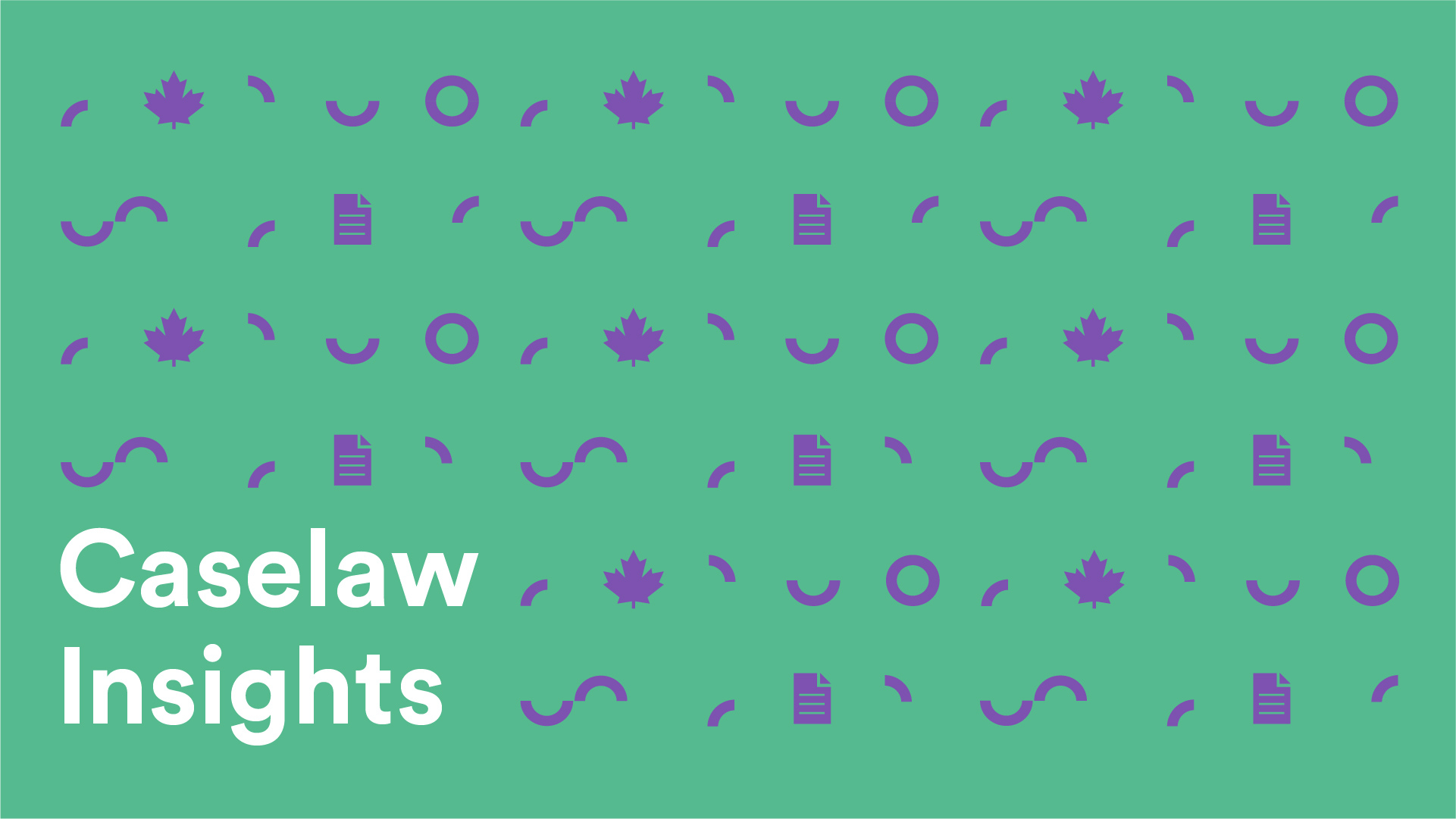
Recent Supreme Court of Canada (SCC) rulings provide critical guidance on tax dispute jurisdiction, shaping how tax reassessments and ministerial decisions should be challenged.
Key Takeaways
-
-
Engage Counsel Early: These rulings highlight the need for expert legal guidance from the start. Early engagement ensures that procedural rights are protected and cases are filed in the right court.
-
Clearer Jurisdictional Boundaries: The Tax Court handles disputes over the correctness of assessments, while the Federal Court reviews the Minister’s discretionary decisions. Understanding this distinction helps streamline litigation strategies.
-
Different Risks by Dispute Type: Not all tax disputes carry the same costs, timelines, or reputational impacts. Discretionary challenges and assessment appeals require tailored strategies based on the relevant business needs.
-
Improved Tax Planning and Risk Management: Knowing how courts evaluate different tax issues allows for better structuring of transactions, compliance, and audit preparedness, reducing the risk of disputes.
-
SCC Decisions in Dow Chemical and Iris Technologies: Case Summary
The SCC dismissed both taxpayers’ appeals, with a 4-3 split in Dow Chemical Canada ULC v. HMK (2024 SCC 23) and a unanimous decision in Iris Technologies Inc. v. Attorney General of Canada (2024 SCC 24). In both cases, the Court clarified that challenges to tax assessments must go before the Tax Court, while challenges to Ministerial discretion belong in the Federal Court.
Dow Chemical: Transfer Pricing and Ministerial Discretion
Background: Dow Chemical, a Canadian subsidiary of a U.S. parent company, was reassessed under transfer pricing rules, resulting in an increase of $307 million in taxable income. Dow sought a downward adjustment under subsection 247(10) of the Income Tax Act (ITA), which the Minister denied.
Key Legal Issue: Could the Tax Court review the Minister’s refusal to make the downward adjustment, or was this a discretionary decision that only the Federal Court could review?
SCC Decision: The majority ruled that the Minister’s decision was discretionary, meaning only the Federal Court had jurisdiction to review it. The Tax Court cannot assess ministerial discretion, only the correctness of assessments.
Practical Impact: Discretionary decisions – such as whether the Minister grants downward transfer pricing adjustments – cannot be appealed to the Tax Court. This ruling underscores the importance of engaging tax counsel early to anticipate potential disputes and build a strategy accordingly.
Iris Technologies: Improper Purpose Audits and Tax Court Jurisdiction
Background: Iris Technologies, a Canadian telecommunications firm, filed GST returns, claiming substantial tax refunds under the Excise Tax Act (“ETA”). The minister commenced an audit and decided to withhold these refunds. The Minister’s audit disallowed $98 million in ITCs and imposed more than $24 million in gross-negligence penalties. The company challenged the Minister’s decision in Federal Court, arguing procedural unfairness and improper motives in the audit process.
Key Legal Issue: Iris argued in Federal Court that the Minister’s audit was flawed because (1) it failed to provide procedural fairness and an opportunity to respond to adjustments, (2) the assessments lacked evidentiary foundation and contradicted other findings, and (3) the assessments were issued to prevent Federal Court jurisdiction in a related matter.
SCC Decision: The SCC ruled that the Tax Court has exclusive jurisdiction to hear Iris’s appeal because it directly related to the correctness of the Minister’s assessment of net tax under the ETA and did not involve discretionary decision. In particular, Iris’s claims of procedural unfairness and lack of evidentiary foundation fall within the Tax Court’s exclusive jurisdiction, as they challenge the assessments’ correctness. The Federal Court may hear allegations that the Minister acted with an improper purpose in certain circumstances, but not in Iris’s case as it did not contain facts in its application to support this claim.
Practical Impact: Disputes over the correctness of assessments, even when procedural fairness is involved, must be litigated in the Tax Court, not the Federal Court. This reinforces the need for proactive compliance strategies to avoid prolonged tax litigation.
What This Means Moving Forward
These SCC rulings provide much-needed clarity on where tax disputes should be resolved. Legal foresight remains essential – engaging tax counsel early, understanding clear jurisdictional boundaries, and leveraging this knowledge for better tax planning will help mitigate risks, streamline litigation, and achieve more favorable outcomes.
As of August 19, 2024, Dow Chemical discontinued its judicial review in the Federal Court. Meanwhile, Iris Technologies continues to dispute the GST assessments in the Tax Court. We continue to monitor this case for future developments as we expect it may take up to two more years to reach a resolution.

.jpg?width=120&name=Counter%20Tax%20Litigators%20Logo%20Stacked%20(MidnightBlue%20on%20White).jpg)




.png?width=499&height=299&name=CRA%20Disputes_Management_Board_First_Conversation%20(Sphere%201%20Purple).png)


.png?width=400&height=400&name=CT-How_Can_We_Help-22_july_NewGraphic_b(small).png)